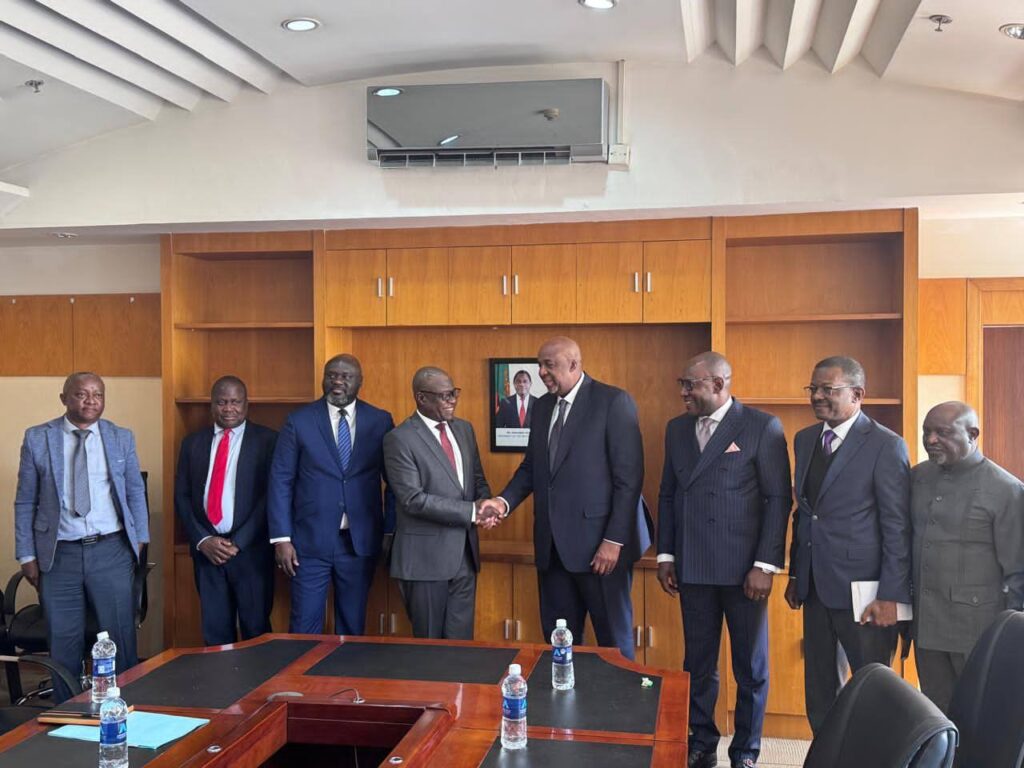Zambia, DRC Move to Jointly Explore Oil and Gas in Lakes Tanganyika and Mweru
Zambia and the Democratic Republic of Congo (DRC) are advancing plans to jointly explore and develop hydrocarbon resources in the Lake Tanganyika and Lake Mweru regions, signaling a major step toward regional energy cooperation.
The announcement follows recent meetings between Zambia’s Ministry of Mines and Minerals Development and DRC’s Ministry of Hydrocarbons, amid growing geological evidence pointing to significant untapped oil and gas reserves in the area.
Speaking on behalf of Mines Minister Paul Kabuswe, Permanent Secretary Dr. Hapenga Kabeta emphasized the strategic shift in Zambia’s energy focus.
“Mining has been central to Zambia’s economy for over a century, but beyond copper, we are now turning our attention to hydrocarbon exploration as a key driver for energy security and economic growth,” Mr. Kabuswe stated.
DRC’s Minister of Hydrocarbons, Aimé Sakombi Molendo, highlighted the shared opportunity and called for skilled collaboration. “Our shared geological formations present a unique opportunity that requires combined expertise and resources for maximum benefit,” he said.
Zambia intensified its interest in petroleum exploration in 2005 amid rising global oil prices and import costs. Though the country currently imports all of its petroleum products, promising soil sample results from European labs have revived exploration efforts dating back to the 1970s.
Eight sedimentary basins have been identified across Zambia, with the extension of the Great Rift Valley, already a source of major petroleum finds in East Africa, offering promising prospects. Early microbial studies have further supported the presence of hydrocarbons.
In 2011, Zambia held its first licensing round under the Petroleum (Exploration and Production) Act of 2008, issuing exploration licenses to private firms across designated petroleum blocks.
The proposed Zambia-DRC hydrocarbon deal builds on a growing bilateral partnership, which recently included plans to establish a regional value chain for electric vehicle (EV) batteries.
Minister Kabuswe emphasized the importance of policy alignment, technical collaboration, and robust investment promotion in realizing the full potential of the partnership.
If successful, the initiative could unlock a new chapter in energy independence and economic development for both countries, harnessing shared resources for mutual benefit in a fast-evolving global energy landscape.



